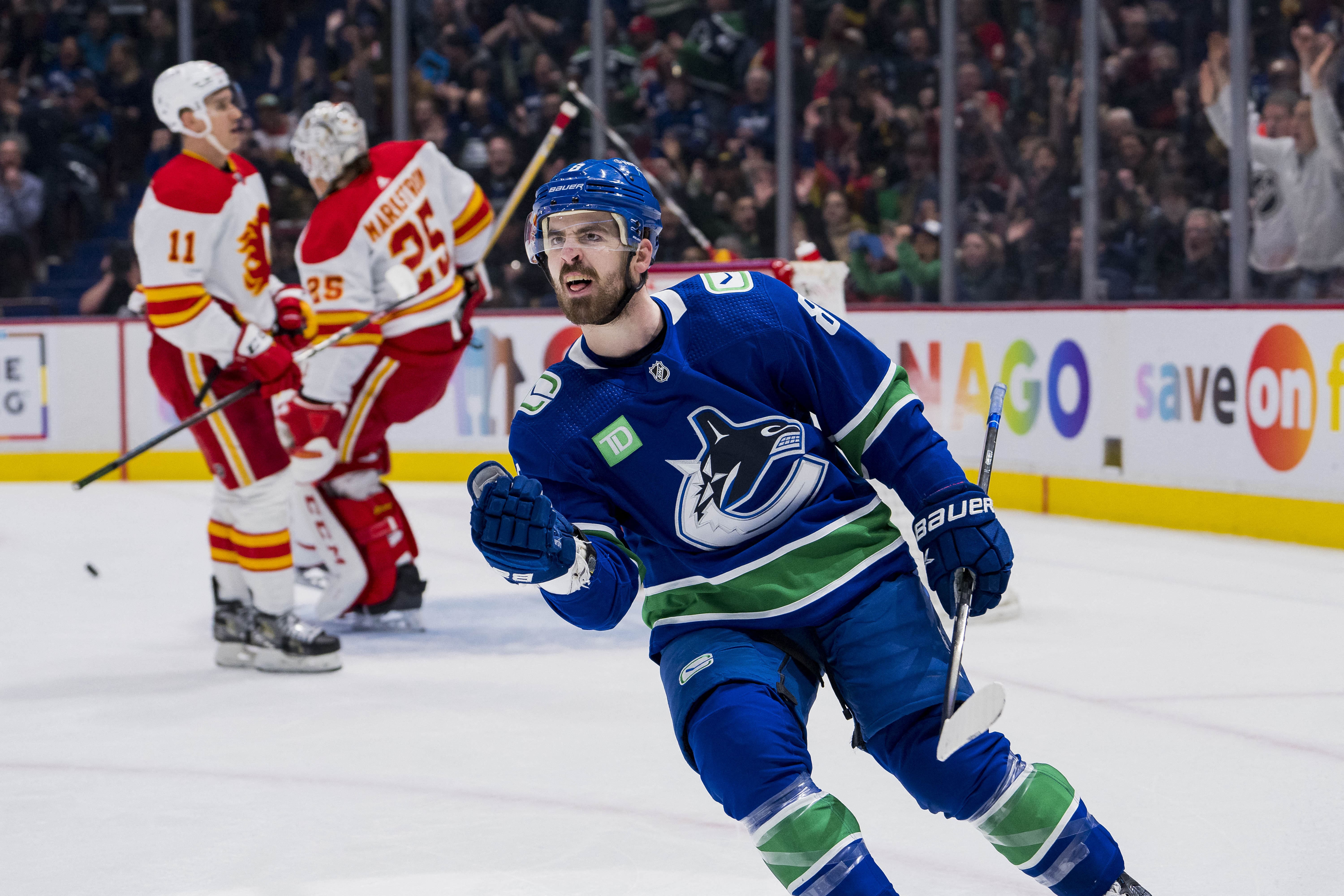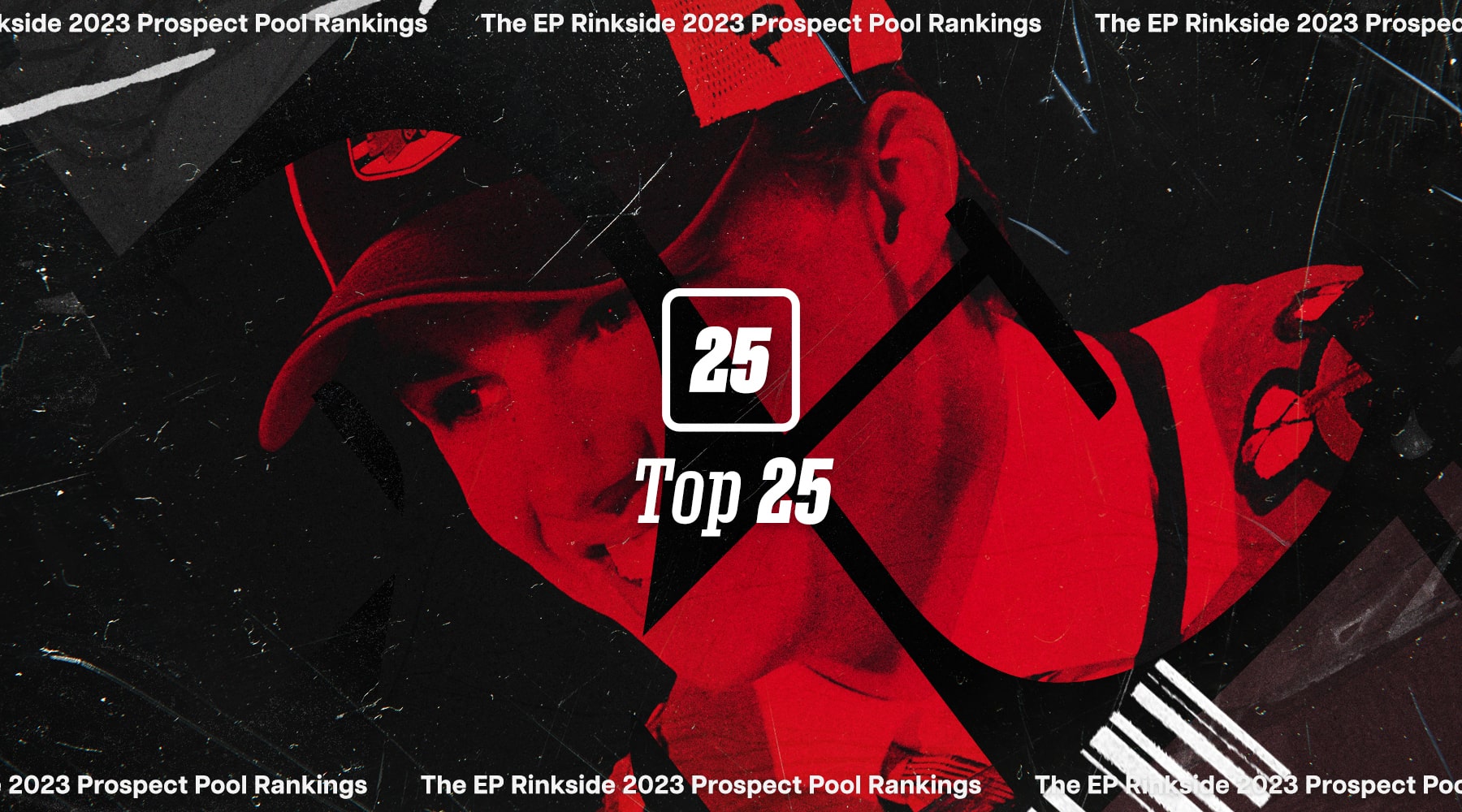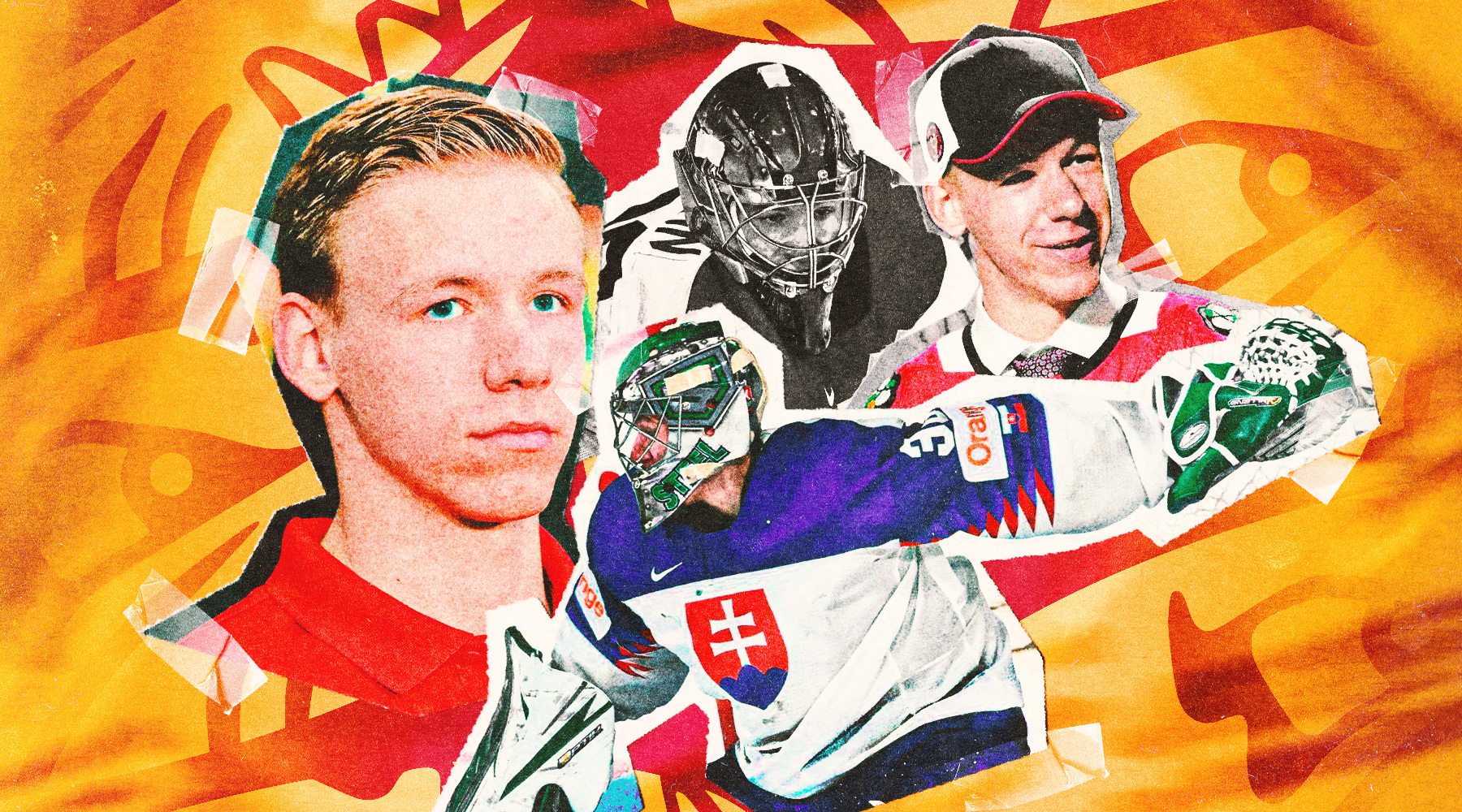Take Town: This is going great

Here's something I would like you all to accede to for the start of the season: You're not allowed to make a big deal out of any results at all until the end of October.
And even that's probably early.
But the reason I bring this up is that, as of November 1 last season, the Buffalo Sabres, Philadelphia Flyers, New York Islanders, and Calgary Flames were all in playoff spots. The Colorado Avalanche and Toronto Maple Leafs were .500 teams. Chicago already had more than one-sixth of its entire point output for the season.
In short, while that November 1 cutoff is usually a pretty good indicator of who's going to make the playoffs, the fact that the Winnipeg Jets were second in the West and barely scraped into the final Wild Card spot five months later should tell you everything you need to know about how little the first 10 games or so of the season actually matters. Nice to rack up the points, nice to lay the groundwork, but let's not get ahead of ourselves.
Let’s go:
Can you spin your tires in midair?
Tell me when I'm telling lies:
The Jets were the last team to get into the Western Conference playoffs last season, despite a poor offensive output (21st in goals per 60 in all situations) and almost entirely because they got yet another near-Vezina-level season from Connor Hellebuyck (fourth in goals saved above expected) who has been top-three in the league in games played each of the last six seasons. Basically, every big contributor on the team is at least 26, and most of the biggest ones are closer to 30, or north of it, indicating that their ability to compete long-term is only going to shrink over time.
So when they re-signed Hellebuyck and Mark Scheifele to twin seven-year, $59.5-million contracts that kick in a year from now, and effectively unfurled a big banner that says "No Rebuild," you had to laugh at the bet.
Personally, I think Hellebuyck is one more Vezina win or a couple more appearances as a finalist away from being a legitimate Hall of Fame candidate, but he's currently fourth in GSAx from 2007-present, and no goalie in the league has played more games or, perhaps critically, faced more shots and unblocked attempts than anyone else. It's hard to say exactly how much of their success has been predicated on playing this guy a hell of a lot and hoping he's not just good, but elite.
Let's put it this way: Every time the Jets have made the playoffs since Hellebuyck became the starter in 2016, they've only made the playoffs when he went at least .913. And maybe it's not revelatory to say, "You need your goalie to be good all year if you want to make the playoffs," but if he's even just a few points above average in the save percentage department, they don't make the playoffs, and this is a trend dating back years.
It's therefore easy to understand why you'd want to lock him in, because you don't know what life without Hellebuyck looks like, but how much tread is left on that tire? And what happens when there's none at all? How many goalies, let alone those that play 485 games in eight years between the regular season and playoffs, last until they're 38 and look anything like an NHL-caliber goaltender? The bet, basically, is that Hellebuyck will do this forever.
Or, one supposes, that general manager Kevin Cheveldayoff isn't exactly banking on being around several years from now.
But either way, while it's certainly nice to not have to trade two of the best players in franchise history, the other most likely outcome here is that they paid more than $100 million over seven seasons to a pair of 31-year-olds for what's likely to be diminishing returns for a team that's averaged 93.7 points per 82 games (18th in the league) over the past five seasons WITH elite goaltending.
Why would fans want more of that?
Let's make a deal
Interesting to see that on the first day of the season, three teams were already trying to get out from under some problems. The Columbus Blue Jackets are trying to move one of their more middling defensemen, likely to give David Jiříček a nice long look at the NHL level, the Ottawa Senators are trying to make room to sign Shane Pinto, and the Vancouver Canucks have given Conor Garland permission to seek a trade.
Now, who knows what any team would want to take back in such a swap, but one cannot imagine another team wanting to give up anything of value for a defenceman this year's Blue Jackets deem unneeded, a cap-dump from the Senators' forward ranks, or a perfectly good winger who makes a bit too much money in a flat-cap world.
Put another way, walking around asking, "Can anyone help out my not-good team with its money-and-roster-management issues?" is not likely to work out in your favour.
The only thing you can really say in anyone's defence here is that at least for Canucks general manager Patrik Allvin, his cap problems aren't totally his fault. He didn't trade for and extend Garland. He didn't give Oliver Ekman-Larsson the contract that he had to buy out this summer. Now, he also didn't have to go get Anthony Beauvillier, but you see the point. Look, some players get traded somewhere and even if they're a decent enough player, it's just not a fit. The rumours about Garland having troubled times in Vancouver aren't new. Things may have come to a head for some currently unknown reason that resulted in what is apparently an "aggressive" push to find Garland a new home.
But the bigger issue here is that these really shouldn't be issues your team is facing on or before Day 1 of its season starting.
It wouldn't be the NHL without a fair share of dysfunction bright and early. Speaking of…
The Pride tape thing
Only the NHL would have an unforced error this avoidable on Day 1. Say what you want about the Rob Manfred or Roger Goodell regimes, but they can usually avoid getting too steeped in the controversy on stuff like this. The Gary Bettman regime dives in headfirst.



